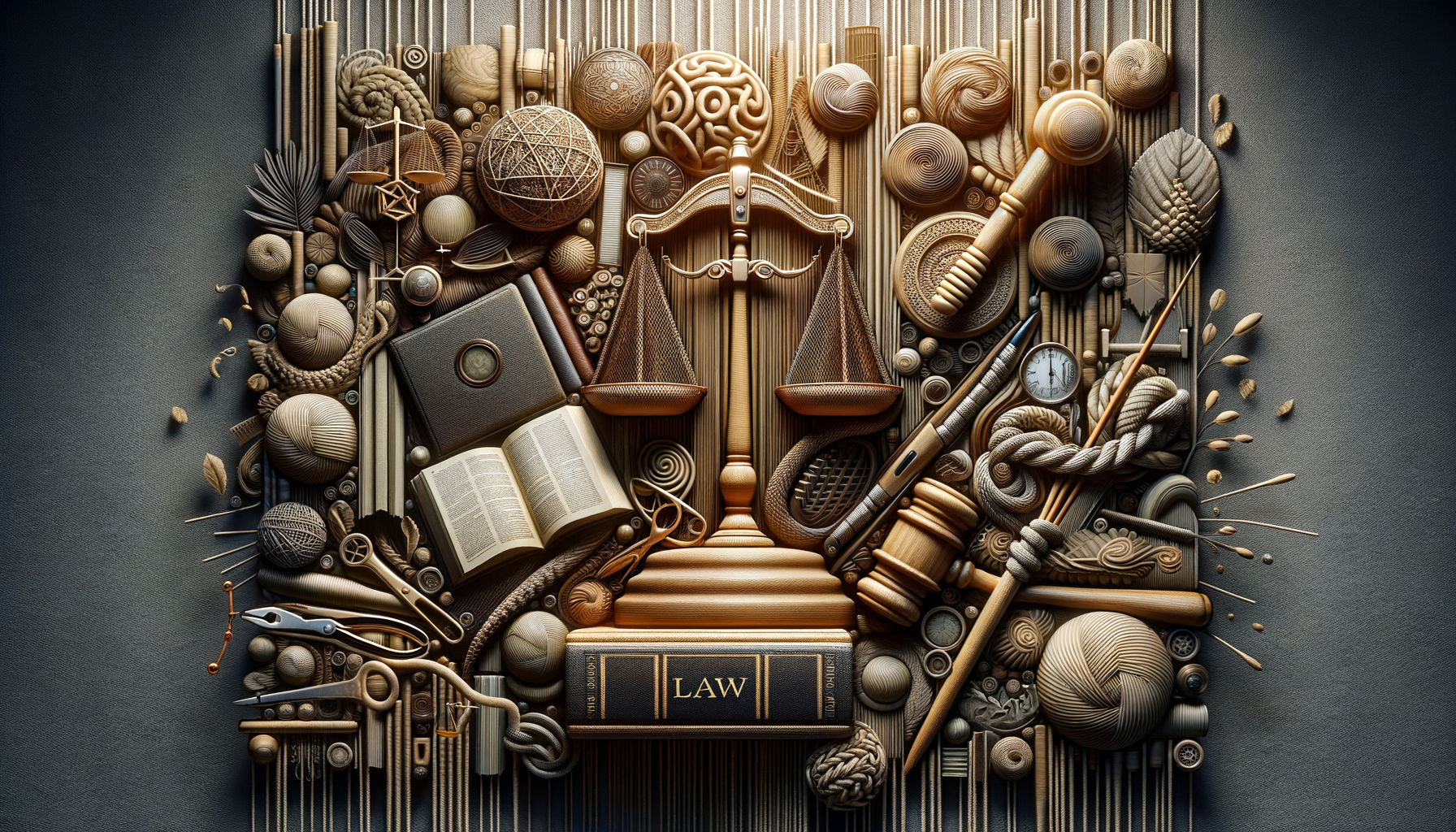Introduction to the Role of Lawyers
Lawyers play a pivotal role in the legal system, acting as the bridge between the complex world of law and the individuals or entities seeking justice or guidance. Their expertise is indispensable in navigating the myriad legal challenges that arise in both personal and professional contexts. Lawyers offer valuable expertise and representation to guide individuals and businesses through intricate legal matters with efficiency and effectiveness. Their role extends beyond mere representation in court; they are advisors, strategists, and negotiators who work tirelessly to protect the rights and interests of their clients.
In today’s world, where legal matters can become overwhelmingly complex, lawyers are essential in ensuring that justice is served and that legal rights are upheld. This article delves into the multifaceted responsibilities of lawyers, exploring how they contribute to the legal landscape and support their clients’ needs.
The Multifaceted Responsibilities of Lawyers
Lawyers wear many hats, each crucial to the effective functioning of the legal system. Their responsibilities are diverse, encompassing various tasks that require a deep understanding of the law and its applications. Some of the key roles they play include:
- Legal Representation: Lawyers represent clients in court, presenting evidence and arguments to support their case.
- Advisory Role: They provide legal advice to clients, helping them understand their rights and the implications of their decisions.
- Negotiation: Lawyers often negotiate on behalf of their clients to reach settlements or agreements that are in their best interest.
- Document Preparation: They draft and review legal documents such as contracts, wills, and deeds to ensure compliance with the law.
Each of these roles requires a unique set of skills and a comprehensive understanding of legal principles. Lawyers must be adept at research, analysis, and communication to effectively serve their clients and uphold the integrity of the legal system.
Lawyers in Different Specializations
The legal profession is vast, with lawyers specializing in various fields to better serve their clients’ specific needs. Some common areas of specialization include:
- Criminal Law: Lawyers in this field defend individuals accused of crimes and work to ensure a fair trial.
- Corporate Law: These lawyers handle legal matters related to business operations, including mergers, acquisitions, and compliance.
- Family Law: Specializing in issues such as divorce, custody, and adoption, family lawyers help clients navigate emotionally charged legal processes.
- Intellectual Property Law: Lawyers in this area protect the rights of creators and inventors, ensuring their intellectual property is not infringed upon.
Each specialization requires a deep understanding of the specific legal frameworks and regulations that govern the respective fields. Lawyers must continuously update their knowledge and skills to remain effective in their practice, adapting to changes in laws and societal needs.
The Importance of Legal Ethics and Professionalism
Ethics and professionalism are the cornerstones of the legal profession. Lawyers are bound by a strict code of conduct that governs their practice, ensuring that they act with integrity and uphold the law. Key ethical principles include:
- Confidentiality: Lawyers must keep client information private, fostering trust and openness in the attorney-client relationship.
- Conflict of Interest: They must avoid situations where their interests could conflict with those of their clients.
- Competence: Lawyers are required to provide competent representation, continually honing their skills and knowledge.
- Honesty: They must be truthful in all professional dealings, maintaining the credibility of the legal system.
Adherence to these ethical standards is crucial in maintaining public trust in the legal profession. Lawyers who act with professionalism and integrity not only enhance their reputation but also contribute to the overall effectiveness and fairness of the legal system.
Conclusion: The Indispensable Role of Lawyers
In conclusion, lawyers are indispensable to the functioning of the legal system, providing the expertise and representation necessary to navigate complex legal landscapes. Their diverse roles, from legal representation to advisory and negotiation, highlight the multifaceted nature of their profession. Specializations within the field allow lawyers to address specific legal needs, ensuring that clients receive tailored support and guidance.
The adherence to ethical standards and professionalism further underscores the importance of lawyers in maintaining the integrity of the legal system. As society continues to evolve, the role of lawyers will remain crucial in upholding justice and protecting the rights of individuals and businesses alike.



Leave a Reply